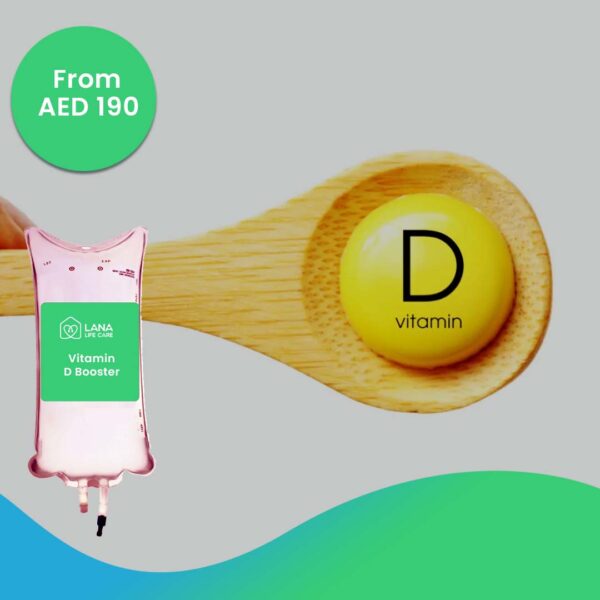Infant jaundice is a common medical condition in newborns. In many cases, it is not considered a disease, but rather a physiological condition that only requires accurate and professional care of newborn with hyperbilirubinemia to help the baby overcome it quickly.
First, it’s important to know what type of infant jaundice a newborn suffers from to determine the best care of newborn with hyperbilirubinemia.
Physiological hyperbilirubinemia requires certain measures, such as placing the baby in an incubator at a NICU, to reduce the level of bilirubin in the baby’s blood. In the case of pathological jaundice, medical intervention is necessary to provide immediate medical assistance to the baby.
Bilirubin is a byproduct of red blood cell destruction. When bilirubin is elevated in the blood, it results in a medical case called Jaundice, which causes noticeable yellowing of the skin and whites of the eyes.
Also read: difference between babysitting and childcare
The common Causes of Hyperbilirubinemia in a Newborn include:
Statistics indicate that approximately 90% of babies born prematurely are at risk of developing jaundice.
Babies born to mothers with diabetes or a different blood type and Rh factor are also at increased risk of developing jaundice after birth.
Also read: How to choose the right babysitter
Your newborn may suffer from one of the following types of jaundice:
Immediately after birth, during the first 24 hours or perhaps the first 5 days, signs of jaundice may appear on the baby as a result of his inability to completely get rid of bilirubin. This is a temporary condition that can go away on its own with good care of newborn with hyperbilirubinemia.
Some breastfed infants may develop hyperbilirubinemia due to a compound in breast milk that increases the rate of bilirubin reabsorption, which then increases the bilirubin level in the blood. However, other serious causes of this condition must be ruled out first.
Newborns’ inability to breastfeed sufficiently can lead to dehydration and decreased urination, which in turn can lead to elevated bilirubin levels in the blood. The appropriate treatment is to continue breastfeeding and to hydrate the baby with appropriate fluids as much as possible.
Naturally, the newborn’s body functions are not fully developed yet, including liver functions. Therefore, the baby’s liver may not be able to get rid of the amount of bilirubin that reaches it naturally.
A baby may suffer from red blood cell breakdown in the first few days after birth due to a difference between his blood type and the mother’s blood type, which leads to an increase in bilirubin levels in the blood.
The common symptoms related to Hyperbilirubinemia in a Newborn include:
Also read: The importance of childcare for working parents
Doctors can diagnose Hyperbilirubinemia in a Newborn by:
The treatment depends mainly on the cause of the Hyperbilirubinemia. In general, Management and Treatment methods include:
Make sure to breastfeed your baby regularly and adequately, along with providing him with appropriate supplements. This will greatly help him overcome high bilirubin in the blood, as it will enable the body to get rid of it.
Placing the baby under a lamp that emits blue-green spectrum rays helps break down bilirubin and convert it into smaller compounds that can be easily excreted from the body in urine and stool, but it requires advanced Newborn Baby care to protect the baby from any side effects of direct light.
Intravenous immunoglobulin is used if the cause of jaundice is a blood type difference between the mother and the newborn. This is because antibodies from the mother reach the baby, causing the breakdown of red blood cells. Therefore, injecting the newborn with intravenous immunoglobulin will help reduce jaundice and may reduce the baby’s need for blood transfusions.
In rare cases, if the newborn fails to respond to previous treatments and bilirubin levels remain elevated, especially in cases of severe jaundice, the doctor may resort to treatment with an exchange transfusion.
The care of newborn with hyperbilirubinemia here involves transferring the newborn to the NICU, withdrawing small amounts of the baby’s blood at intervals, and replacing it with a donor blood sample to reduce the bilirubin and antibodies that reach the newborn from the mother.
Also read: How often should you swaddle a newborn?
Most of the time, the newborn recovers from jaundice without any complications or negative effects, but in some cases, if the level of bilirubin in the blood is very high, it crosses the blood-brain barrier and reaches the brain, destroying cells, leading to a condition known as kernicterus.
There are no ways to prevent jaundice in babies, especially if it results from a blood type difference between the mother and fetus or breastfeeding failure. However, early detection of infant jaundice can help the baby recover quickly.
Also read: How to properly swaddle a newborn
If you notice symptoms of jaundice in your newborn and are unsure how to provide appropriate care of newborn with hyperbilirubinemia, or if you are seeking home health care services to care for your newborn with jaundice at home,
Or if you notice that the signs of jaundice do not diminish or disappear over time,
You must consult your child’s physician immediately.
Some of the most important information and facts about Infant jaundice are as follows:
Also read: benefits of massage for infants
Thousands of parents in Dubai have trusted the services of Lana Life Care Clinic, which specializes in providing the best home health care services and healthcare in general.
For care of newborn with hyperbilirubinemia, the clinic offers a home nursing service team capable of dealing professionally with premature and newborn infants, as well as pediatric healthcare providers who are fully aware of the most important things to do while babysitting, particularly helping the mother and newborn schedule feedings, scheduling treatment for the newborn, monitoring the child’s condition and bilirubin levels, and more.
Determine and track feeding schedules, schedule any prescribed medications, draw blood samples to send to the lab for bilirubin levels tests, and more.
You should return to a doctor to determine the type of jaundice and the appropriate treatment methods.
In this therapy, an immunoglobulin is injected intravenously to reduce the effect of maternal antibodies in newborn blood.
You can start phototherapy for neonatal jaundice from the 25th hour old, especially if the level of bilirubin is 5 times the weight of the baby.
Sources:
https://www.stanfordchildrens.org/en/topic/default?id=hyperbilirubinemia-in-the-newborn-90-P02375
https://www.mayoclinic.org/diseases-conditions/infant-jaundice/diagnosis-treatment/drc-20373870



